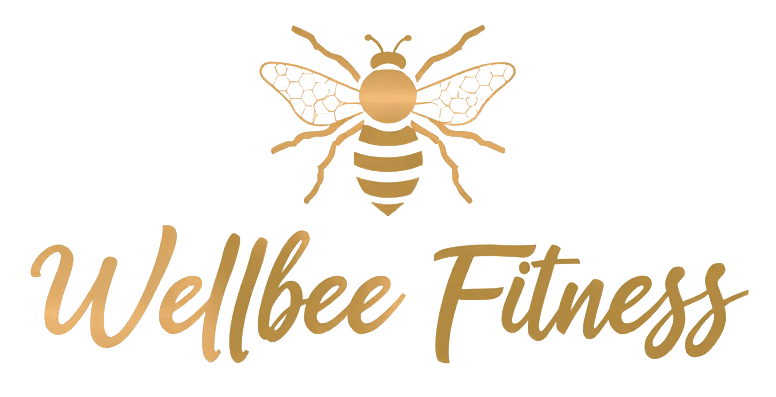Think of the last time you went for a walk. Did it feel remarkable? Probably not. But according to science, that simple daily activity you’re (almost) always doing could be your body’s best-kept secret for slowing aging—no magic potions or mysterious gyms required!
The Power of the Daily Stroll
Walking is one of those things just about everyone does without thinking twice. Yet, when performed at a moderate pace—enough to make your breath and heartbeat rise slightly—it turns out this activity packs a punch for your health. Daily walking at this pace is recommended not just for burning off yesterday’s croissant (we see you), but for a variety of reasons, including:
- Improving endurance
- Reducing stress
- Sleeping better
- Lowering the risk of certain diseases
- Preventing weight regain after a diet
For some scientists, your walking speed even predicts your overall health. The quicker your pace, the fitter you may be. That led researchers at the University of Leicester to ask a big question: can the speed at which we walk actually reveal our real biological age—the one that reflects the true state of our bodies, not just what’s printed on our passports?
Walking Speed, Telomeres, and Biological Age: What’s the Connection?
Buckle up for a bit of biology: the Leicester team investigated the causal link between walking speed and telomere length, publishing their findings in Communications Biology. Telomeres are those protective caps at the ends of your chromosomes, and getting shorter as you age is just part of life’s (literal) wear and tear. When they get too short, cells can no longer divide, entering a state called « replicative senescence. »
Here’s where it gets really interesting: results from their study suggest that a life of brisk walking could make you biologically up to 16 years younger by your 40s. That’s not just optimism—it’s backed by data from no less than 405,981 middle-aged participants, thanks to good old British biobanking. What did they find? Those reporting faster walking speeds had longer telomeres.
As telomeres shrink each time a cell divides, their length is considered a powerful marker of biological age, no matter when you were born. Although the science team admits the link between telomere length and disease is still being unraveled, having more senescent cells is tied to a range of aging symptoms, like frailty and age-related illnesses.
Big Data, Smart Devices, and Robust Evidence
This Leicester study stands out for putting together not just self-reported walking speeds, but also real genetic data and wrist-worn trackers measuring actual movement intensity. By combining all this information, the researchers confirmed a causal link between walking at a brisker pace and having longer telomeres. In essence: your strides matter for your cells (and not just your step count app).
What’s particularly intriguing is that spotting a typically slow walking speed can be a simple, practical clue for identifying people at higher risk of chronic illness or unhealthy aging. The obvious next step? Future studies will look into how upping your walking speed (not just your daily total) could further benefit health, for example, seeing whether boosting your step rate in a set time frame moves the needle.
This isn’t the first brush Leicester scientists have had with walking: earlier research using the UK Biobank showed that just 10 minutes of brisk walking each day is linked to longer lifespans, and that fast walkers have up to a 20-year life expectancy edge over their slower peers. Speed, it seems, really does matter!
What This Means for Your Daily Routine
The team behind the latest findings is careful to note that the causal link they observed runs from brisk walking to longer telomeres—not the other way around. While they’ve shown that walking pace powerfully predicts health status, confirming whether picking up the pace actually improves health is an ongoing quest.
Their genetic analysis strengthens the evidence that a swifter walking rhythm could indeed lead to a younger biological age, as measured by those tiny chromosome caps.
The National Nutrition and Health Program recommends at least 30 minutes per day of brisk walking at moderate intensity. Anyone new to this shouldn’t sprint out the door immediately, though—gradually increasing both the time and intensity of your walking makes for a safer, more sustainable routine.
A final thought: you don’t need fancy equipment, a gym membership, or special skills to reap profound health benefits. Just lace up, pick up the pace, and let your daily walk work its biological magic. Your telomeres (and future self) may just thank you for it!

John is a curious mind who loves to write about diverse topics. Passionate about sharing his thoughts and perspectives, he enjoys sparking conversations and encouraging discovery. For him, every subject is an invitation to discuss and learn.






